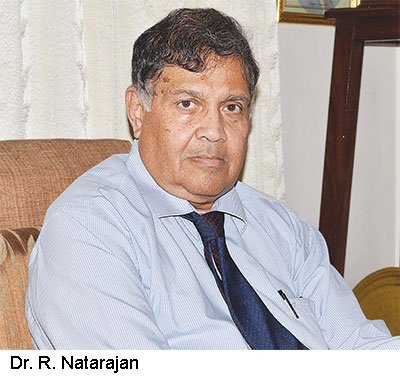
Following the Supreme Court’s landmark verdict in T.M.A. Pai vs. Union of India (2002), the power conferred upon state governments by Unnikrishnan Case (1993) to distribute seats in private colleges of professional education on the basis of government CETs (common entrance tests) results and counseling, was held ultra vires. Therefore private professional colleges were permitted to conduct their own entrance tests subject to admitting students on merit and levying “reasonable” tuition fees.
Consequently, private colleges grouped under the banner of the Consortium of Medical, Engineering and Dental Colleges of Karnataka (Comed-K) began conducting a common entrance test for its 197-member institutions. But after arm-twisting by the Karnataka government, Comed-K member colleges agreed to allocate 45 percent of their seats to well-performing students in CET at a negotiated price every year even as Comed-K continued to conduct its own parallel CET. However, this year 33 Comed-K engineering colleges haven’t recorded a single new admission from their quota. In 43 Comed-K member colleges, less than 25 percent of available seats are filled. Only six of the most reputed Comed-K member colleges in the state filled all available seats.
The current picture is in sharp contrast to the rush for admissions into private engineering colleges two decades ago. Karnataka was the first state to promote private engineering colleges in the country — the BMS College of Engineering, Bangalore and National Institute of Engineering, Mysore in 1946 — and hosts the seventh largest number of engineering colleges (after Tamil Nadu, Maharashtra, Uttar Pradesh, Andhra Pradesh, Haryana, Madhya Pradesh) in India.
“With AICTE recklessly sanctioning the promotion of new colleges in Tamil Nadu, Maharashtra and Uttar Pradesh, a huge demand-supply disequilibrium was created. The positive side is that Karnataka is better off as the number of engineering colleges is 200, while it has crossed 600 in other states. In Tamil Nadu’s 556 private engineering colleges, vacancies are above 100,000 whereas in Karnataka, only a handful of tier-II and tier-III institutes are struggling to fill seats,” says Dr. K. Balaveera Reddy, an IIT-Kharagpur alumnus and former vice chancellor of VTU, and currently the chairperson of board of governors of the top-ranked National Institute of Technology, Surathkal.
The skewed demand-supply ratio in engineering education apart, a depressing industry placement scenario is also cited as one of the reasons for engineering courses losing their lustre. According to Hyderabad-based employment website Wisdomjobs.com (estb.2010), campus recruitment of IT companies dropped by 23 percent, and of engineering companies by 26 percent in 2017.
“Among engineering colleges, students choose institutes that offer guaranteed placement in industry. Tier II and III colleges, sited in small towns which are unable to attract highly qualified faculty, deliver low-quality education and certify students with poor employability skills, who can’t land well-paid jobs. This, in turn, affects next year’s admissions and a vicious cycle commences. With low admissions intake, recruiting good faculty and developing infrastructure becomes more difficult. Therefore, institutions are forced to shut down. However, good quality private engineering colleges and technical institutes are vital for stimulating industrial productivity and economic growth,” says Dr. R. Natarajan, former chairman of AICTE (All Indian Council for Technical Education), the apex regulatory body for licensing technical higher education institutions countrywide.
Yet for prescient monitors of the higher education scene in Karnataka, closure of sub-optimal, low-grade private engineering colleges dispensing poor quality education at high prices, is overdue. Some colleges equipped with extravagant infrastructure by politicians, construction magnates and other non-educationists often with questionable sources of investment, could well be transformed into luxury hotels and resorts, while others could be taken over by top-ranked private college managements and quickly transformed into colleges dispensing much needed quality engineering, technical and vocational education for which demand is on the upswing.
Therefore, lamentations about some private engineering colleges downing shutters are unwarranted. The prospect of engineering and professional education colleges dispensing poor quality education to gullible students who are induced to sign up with them and graduating with worthless degrees to add to the huge pool of unemployed youth, is the lesser evil for India Inc and society in general.
Sruthy Susan Ullas (Bangalore)